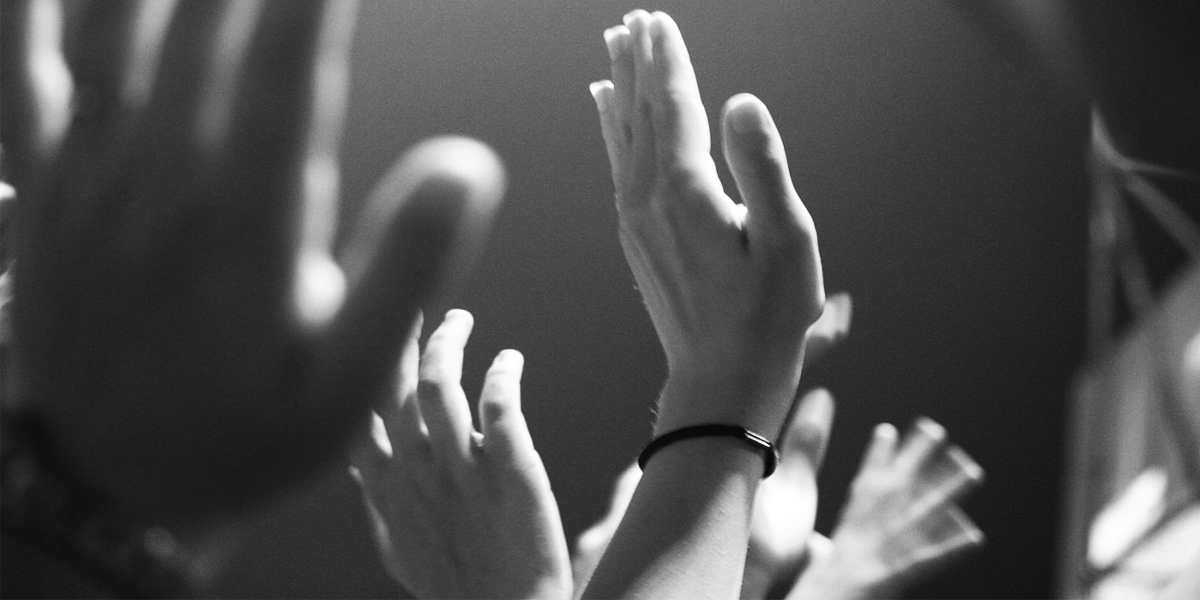“To win we’re going to need to change as a party”
The hard truth is that we lost the 2015 election because we lost touch with our people. We let the Tories define the ground on the economy in the long, leader-less summer of 2010 and we never won it back....
The hard truth is that we lost the 2015 election because we lost touch with our people. We let the Tories define the ground on the economy in the long, leader-less summer of 2010 and we never won it back. By 2015, people didn’t believe that we could make their lives better, including millions of ‘natural’ Labour supporters who voted directly against their own interests and against a lot of their core beliefs.
So what needs to change to stop this happening again? We can have a long technical debate about whether the task is to re-calibrate or to redefine. What’s clear, though, is that we mistook contact for conversations, voter id for relationships and mobilising for organising. We now need to have the humility to recognise that we didn’t even notice we had lost the nation’s trust.
To win we’re going to need to change a lot of voters’ minds over the next five years. And to do that we’re going to need to change as a party. In a world where our opponents outnumber us so badly, the truth is there aren’t enough Labour voters to just identify them between elections – basically just asking them ‘are you with us’ – and then turn them out come election time. And that’s why the old top-down, Westminster-knows-best, machine politics has to end.
Labour’s future lies in movement politics: doing things with people, making alliances with single-issue campaigns and community groups. It’s all about making change happen by listening, asking and acting together. Being even bigger than our quarter million members. A proper movement doesn’t wait on broken polls to tell us what the voters think, it knows instinctively because the bond with them is so strong. The tragedy is that we were going in the right direction. We need to pick up where Arnie Graf left off: recruiting more supporters, widening our membership and organising in our communities to make change happen on the ground.
I worked with Arnie Graf when I was Labour’s national campaign co-ordinator, and I’m not too proud to say he taught me a lot: the art of building relationships, giving a sense of power and agency to local people, developing leaders from the communities we represent. Labour people really liked it. When people told Arnie that they were in politics to give a voice to the voiceless, he used to tell them that they were capable of speaking for themselves. Labour needs to be able to hear that.
After all, how can we ask voters to trust us with the economy if we can’t even keep the neighbourhood clean? Community organising work like this won’t bring electoral rewards overnight, but over time it will help grow our party and win back voters’ trust.
Councillors have to be at the heart of our renaissance. No one knows better the hopes and fears of a local community than Labour councillors and their activist teams. As deputy leader I’ll fight for a greater say for councillors in all the party’s decision making: at shadow cabinet, in the NEC, at the NPF, everywhere. Labour in local government is leading the way in renewing our party and it’s high time Westminster listened and learned.
The way we organise as a party also has much to learn from our trade union brothers and sisters. Over the last decade unions have changed the way they campaign, combining smart analytical targeting with tremendous grassroots activity. A close relationship of trust and co-operation can help us reconnect with many of the working class voters we most need to win back from the SNP or UKIP.
And as your deputy leader I’ll intensify our online campaigning into a true digital revolution, marrying communications with organising so that we use email and social media not just rally the faithful, but to persuade the undecided. I want to create digital branches, some of which might be organised around vocation rather than geography, and all of which would allow members to participate in ways they can’t currently do. Three quarters of Labour party members rarely or never attend local meetings or canvassing sessions. We need to find new ways to engage them. Why don’t they want to come to our boring meetings? The question answers itself. Why do we keep holding meetings three quarters of our members don’t want to come to? Good question.
The way we recruit candidates will change too. As your deputy leader I’ll create grants and training programmes to expand the opportunities for women, BAME and working class members to become candidates. We need a Labour party that looks a little less like a Westminster cocktail party and a little more like the country we seek to serve.
The good news is that all of these can happen, and they will. The election was a crushing indictment of our method, but it wasn’t a complete rejection of our values. We must remember that.

